ESSAYS
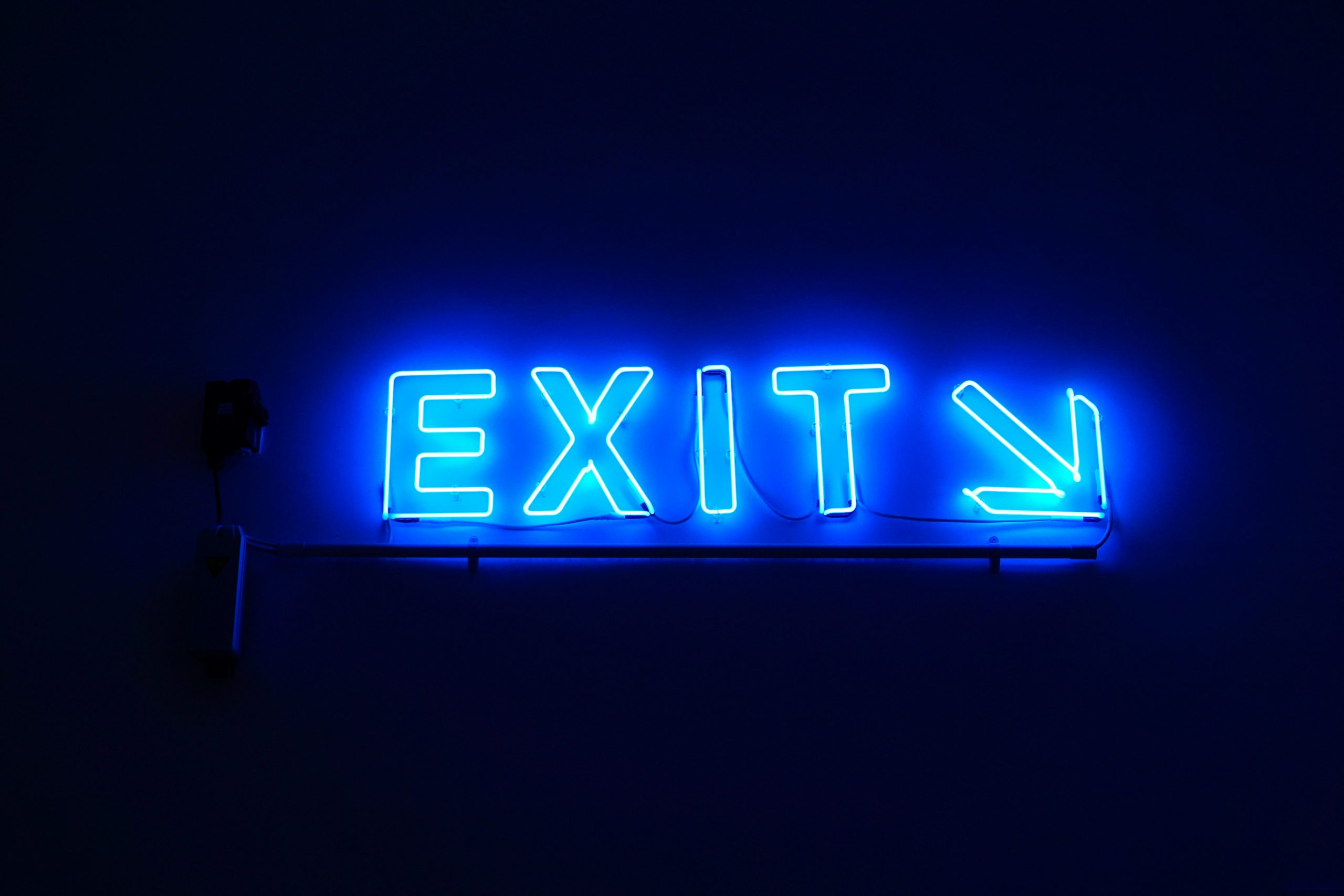
I hereby resign from New Music
by Michael Rebhahn
This text originally was a lecture held in Darmstadt at the Summer Course 2012, it was then published in the Darmstädter Beiträge 22 (2014). After this text came up in the roundtable discussion on „Critique in Darmstadt“ we republish it here to suggest it for reconsideration.
The rejection of collective descriptions has always been a matter of honour for artists […]
read more
Partisan Critique @ 2025 Darmstadt Summer Courses
For the 2025 Darmstadt Summer Courses, Partisan Notes organized daily discussion sessions during the second festival week. We discussed our experiences of the concerts, reflected on current developments of contemporary music and exchanged ideas about the role and relevance of music criticism. This event was realized in collaboration with the Frankfurt Society for New Music […]
read more
Critique in Darmstadt. Roundtable discussion
with Elaine Fitz Gibbon, Jim Igor Kallenberg, Martin Iddon, Patrick Becker and Steven Takasugi
The following is a transcript of the the roundtable discussion in response to the brochure “Specters of Kranichstein: What was the Darmstadt School“ by Jim Igor Kallenberg. It was held on July 22, 2025, 2pm during the Darmstadt Summer Course at Lichtenbergschule, in Takasugi’s teaching room 313
read more
I Can’t Breathe: A Virtual Dialogue
by George Lewis
In 2016 I first heard I Can’t Breathe, Georg Friedrich Haas’s haunting work for solo trumpet, performed by Marco Blaauw at the Huddersfield Contemporary Music Festival. Haas’s work, written just after the birth of the Black Lives Matter organization, and well before the concept of Black Lives Matter came to international prominence, raises a number of important questions about the response of the international new music community to the increasingly multicultural and multiracial, i.e., creolized, societies in which its performances, curatorial directions, and critical and philosophical inquiries are being presented.
read more
Allusions to Music, Sexuality and Skin Color. In Conversation with Georg Friedrich Haas
by Jim Igor Kallenberg
This text was originally published in Musik-Konzepte 199: Georg Friedrich Haas (2023), and translated by the author with the friendly permission of the publisher edition text+kritik.
JIK: Sex is not music, and music is not sex. Music and sexuality are not identical. They relate to each other. I would like to ask you about their relationship.
read more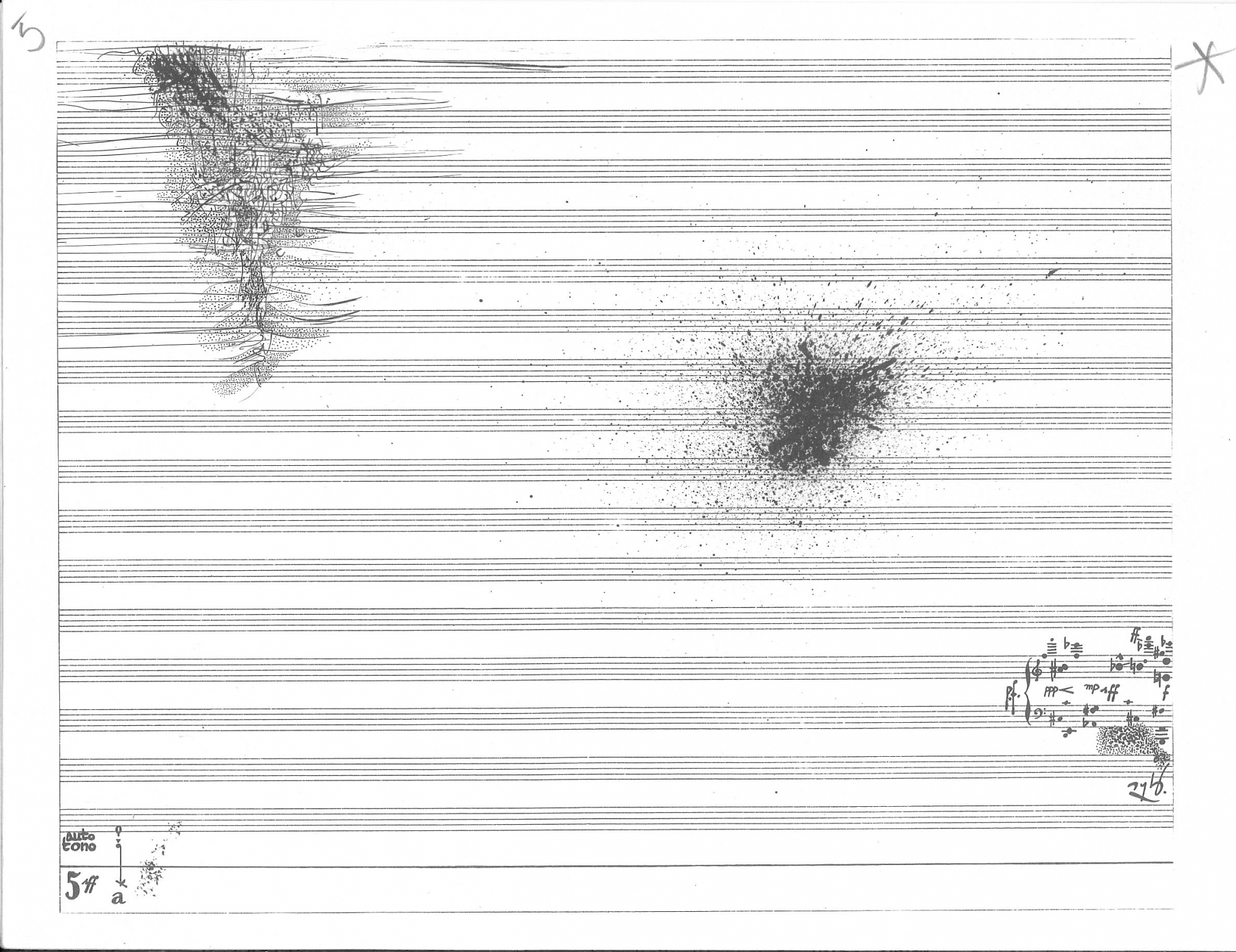
PHILOSOPHY OF MUSIC FROM AESTHETIC REASON
Philosophy of music can only succeed by reflecting upon the state of new music and binding itself to the aesthetic judgment. Philosophy thinks musical production, musical reproduction and musical reflection within the horizon of the autonomy of sound; within the horizon of music’s being different from all heteronomies; within the horizon of its freedom.
read more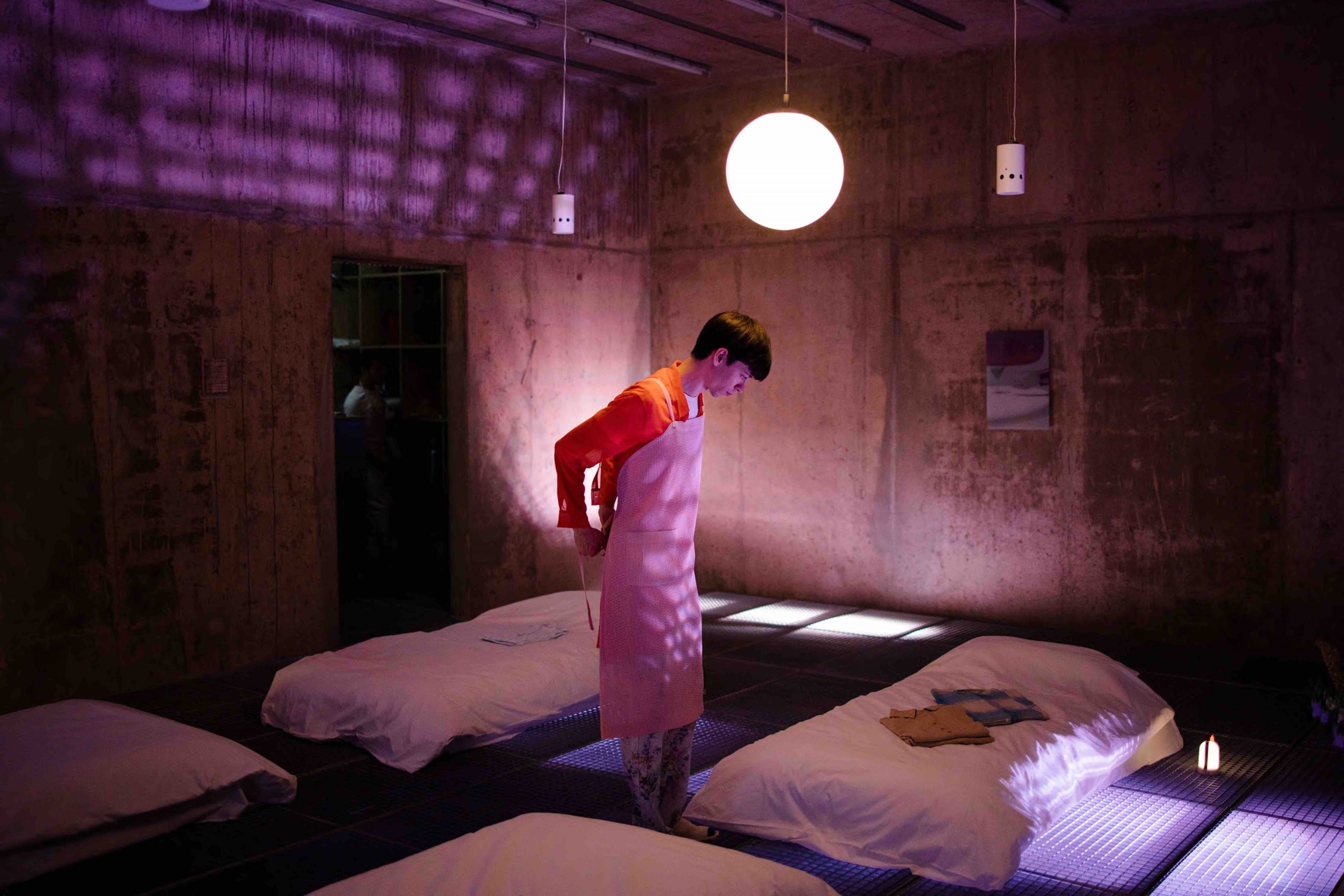
THREE PARADOXES OF CONTEMPORARY MUSIC
The notion of a musical installation contains three paradoxical desires: the paradox of creating situations, the paradox of static sounds and the paradox of a musical performance art. These ideas are intelligible non-sense, and yet they can become legitimate intentions of an artistic procuction.
read more
MARY MELTING MEDIATION BAUERMEISTER
Mary Bauermeister represented what is missing in the ever-turning carousel: We need to establish contexts that are independent of both, culture-industry and the state, in which music can be played, performed, developed, discussed and criticized. We mourn Mary Bauermeister, grandmother of Fluxus, melting pot of the arts.
read more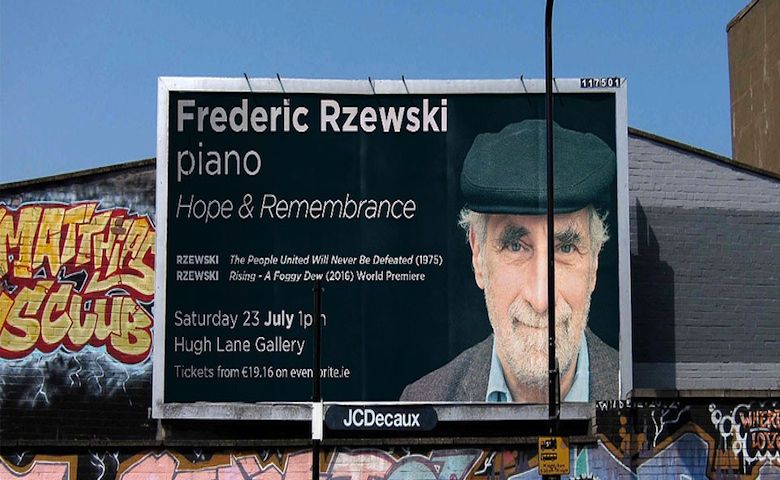
THE LEGACY OF POLITICAL MUSIC
The composer and pianist Frederic Rzewski died on June 26th, 2021. In this conversation, Rzewski, towards the end of his life, was able to conceive of himself as a symptom and to reflect on the legacy of political music around the revolt of 1968, its potentials, limitations, and ultimately, its failure. As a representative of a generation of political musicians, he gave an account of its legacy.
read more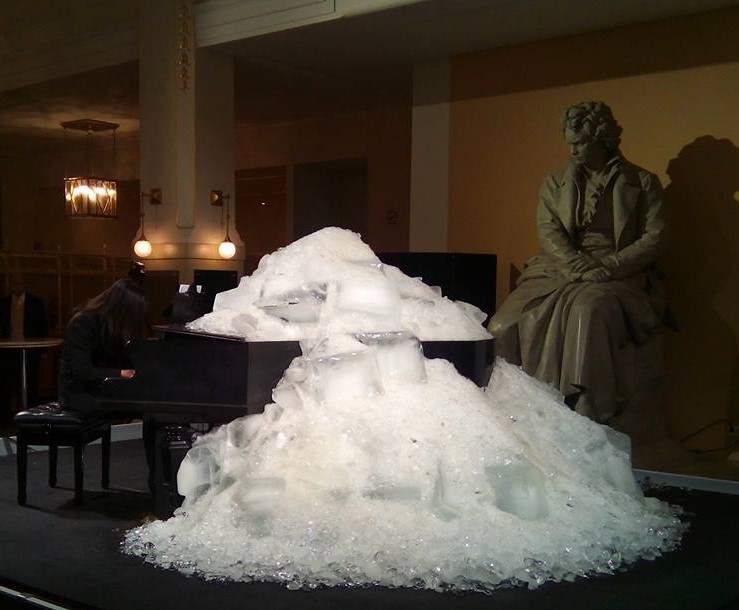
WHEN FATE CROWS AND NOBODY CAN HEAR IT
This article discusses the work of Viennese artist Georg Nussbaumer (1964) in the constellation of contemporary questions of media and material and historical consciousness in music. Transforming the coordinates of traditional musical work, the essay suggests Nussbaumers work as mixed martial arts instead of multi media art.
read more
At Darmstadt’s Summer Courses, New Music Transitions in Real Time
by Assaf Shelleg
The Darmstadt summer courses, one of the storied and contentious hubs of contemporary music since 1946, is transitioning in high decibels while rebranding itself silently.
read more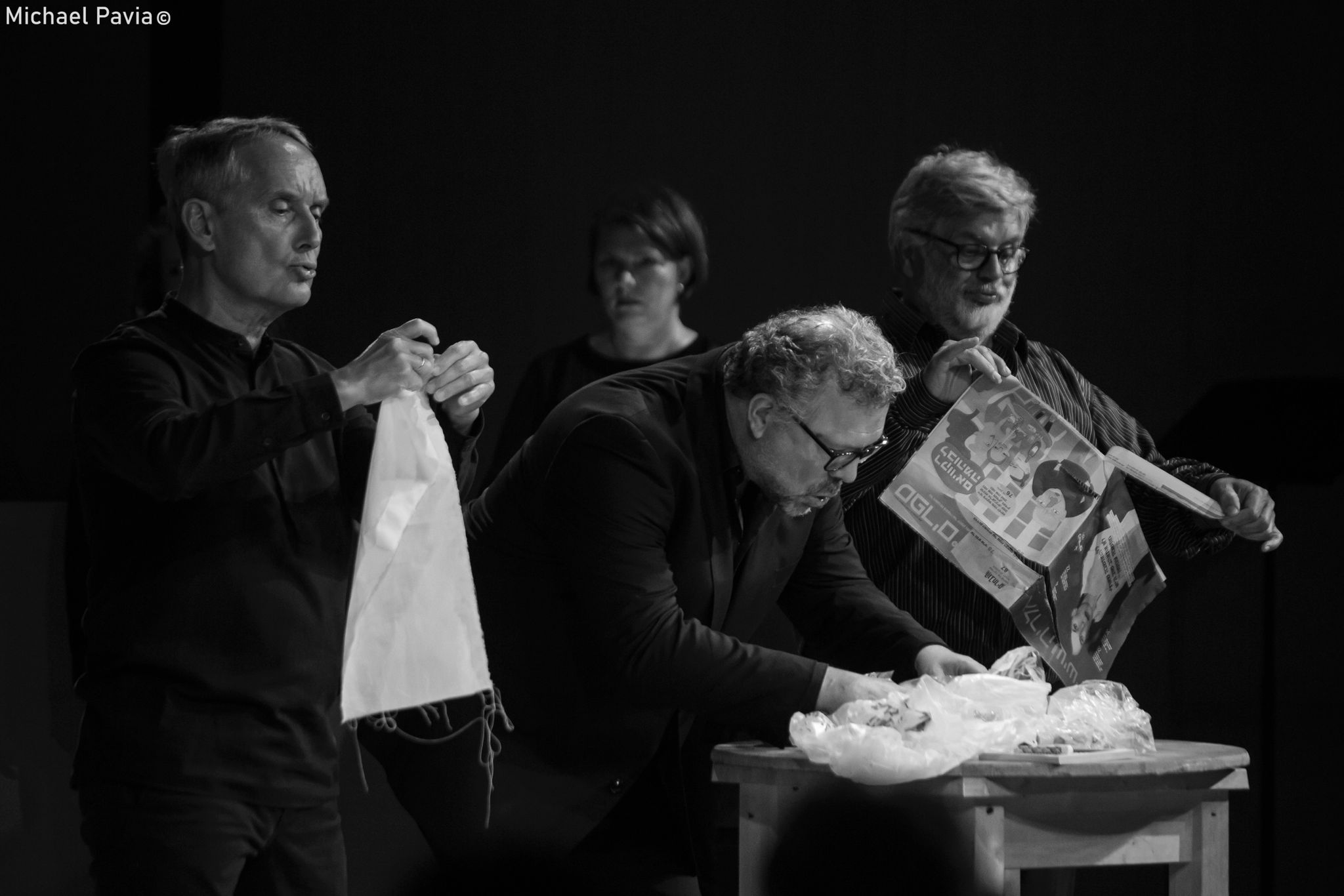
THE PARACHRONIES OF TZLIL MEUDCAN 2023
by Assaf Shelleg
Parachrony, the multiplicity of current times that has been shaping contemporary art, literature, and music for the last three decades (roughly), could very well undergo pluralization if we wish to properly situate the recent sixteenth edition of Tzlil Meudcan. A contemporary chamber music festival held in Tel Aviv on the first week of July, Tzlil Meudcan hosts such parachronies, and they, in turn, can flesh out the simultaneous temporalities that have been informing it for more than a decade and a half.
read more







